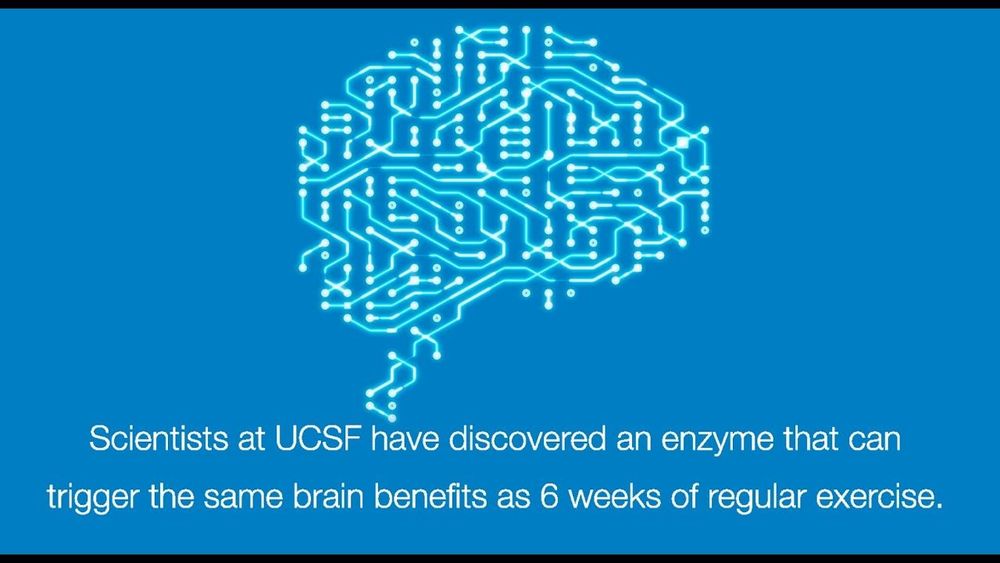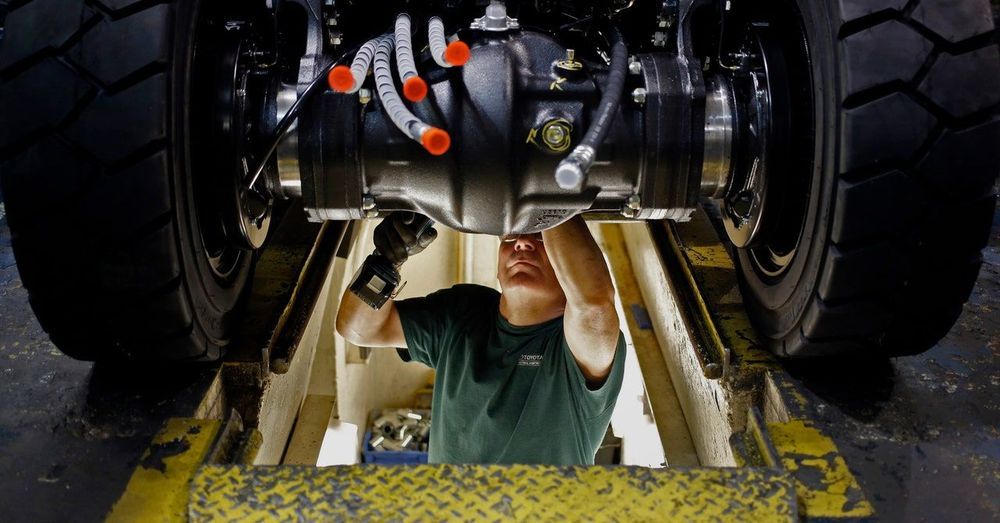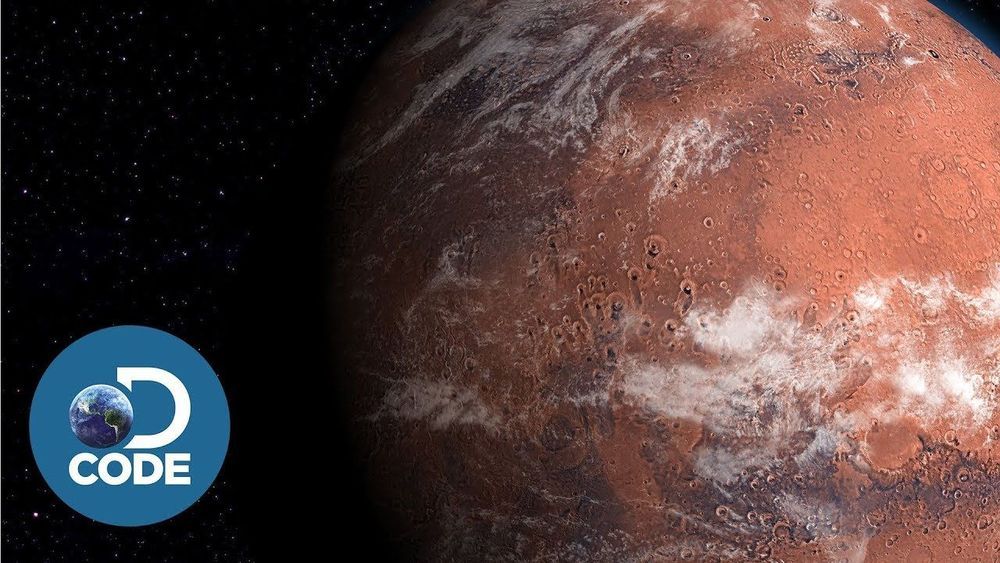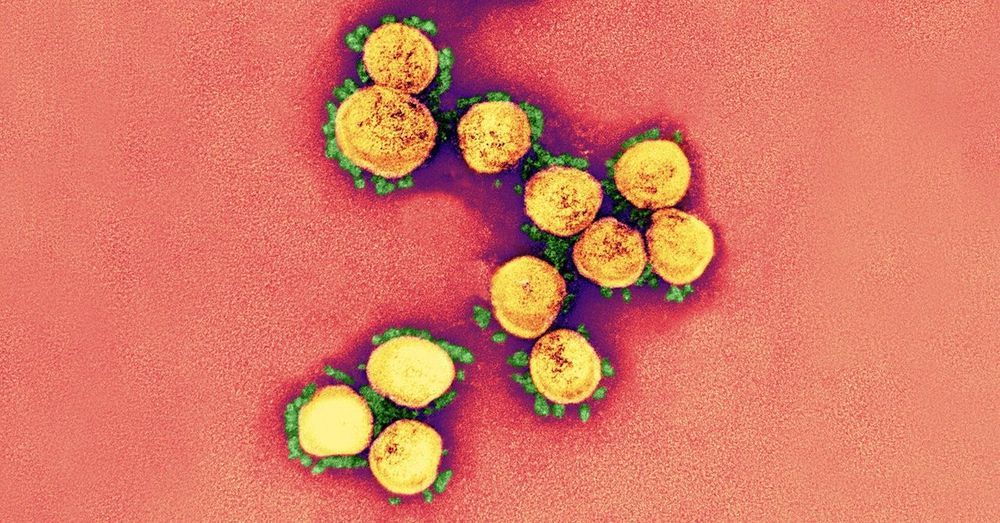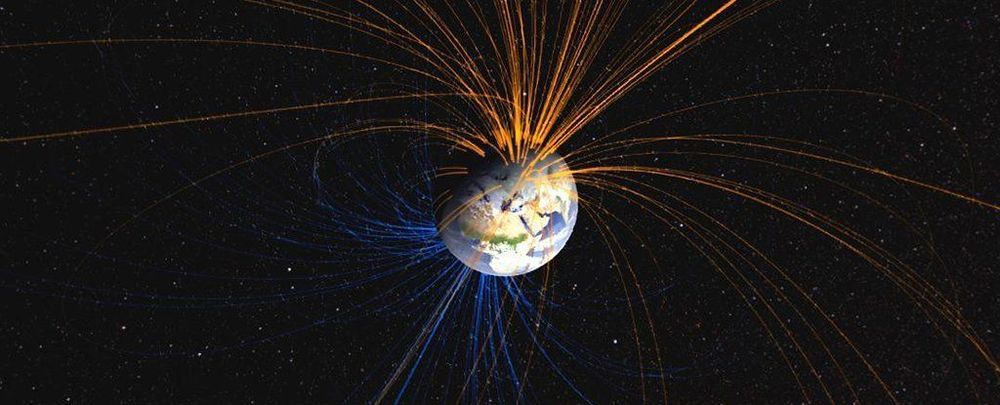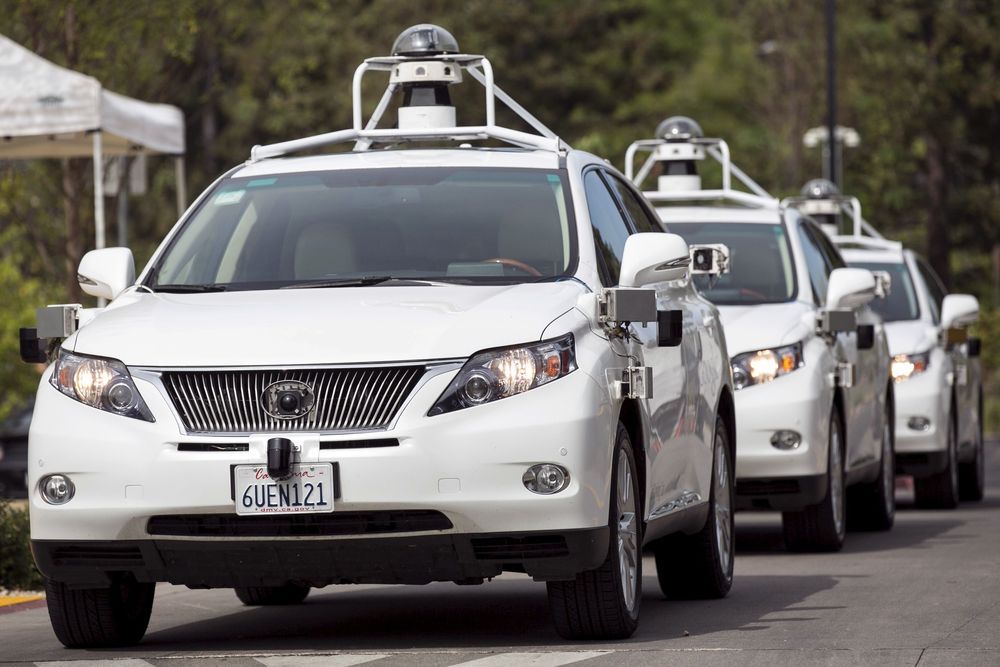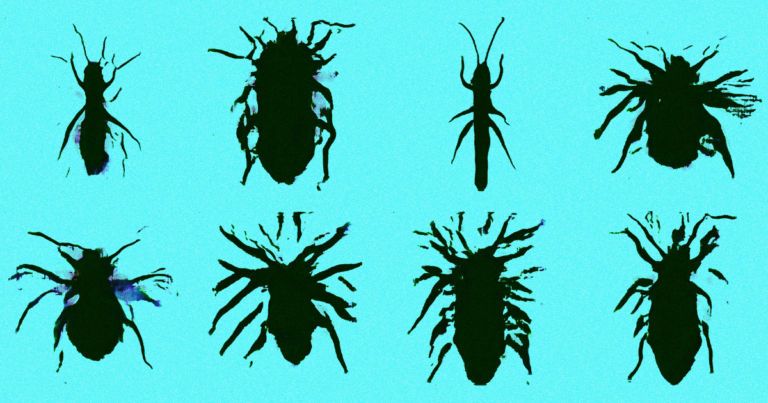Jul 9, 2020
Brain benefits of exercise can be gained with a single protein
Posted by Genevieve Klien in categories: biotech/medical, life extension, neuroscience
A little-studied liver protein may be responsible for the well-known benefits of exercise on the aging brain, according to a new study in mice by scientists in the UC San Francisco Eli and Edythe Broad Center for Regeneration Medicine and Stem Cell Research. The findings could lead to new therapies to confer the neuroprotective effects of physical activity on people who are unable to exercise due to physical limitations.
Exercise is one of the best-studied and most powerful ways of protecting the brain from age-related cognitive decline and has been shown to improve cognition in individuals at risk of neurodegenerative disease such as Alzheimer’s disease and frontotemporal dementia —even those with rare gene variants that inevitably lead to dementia.
Continue reading “Brain benefits of exercise can be gained with a single protein” »
